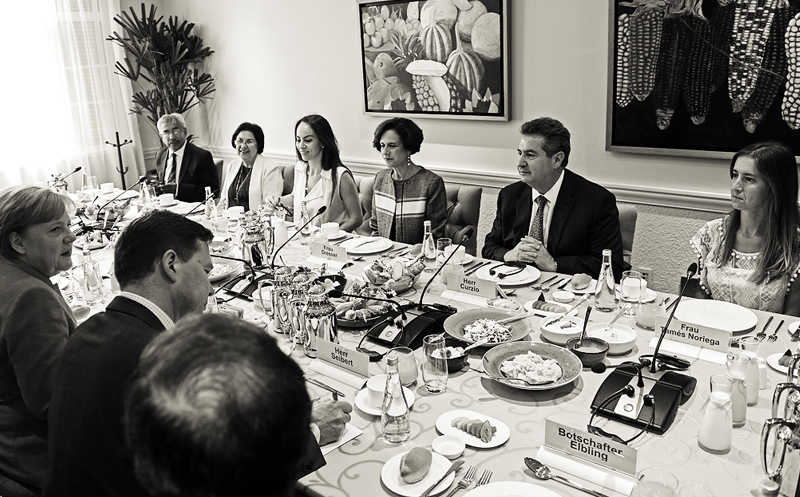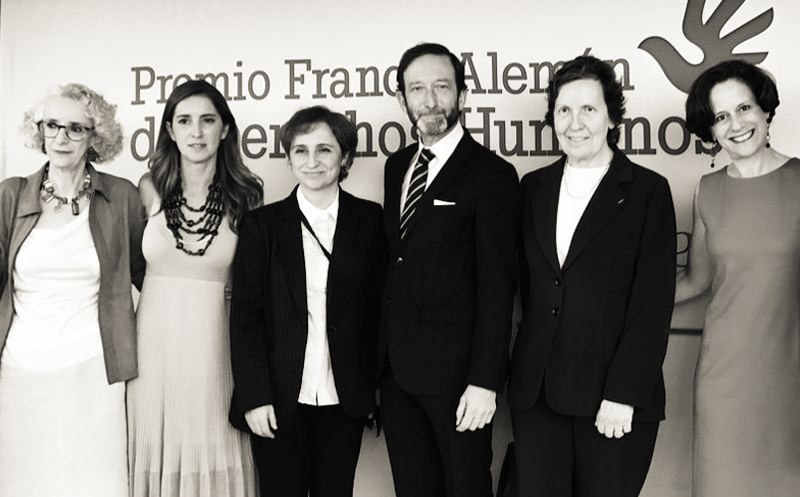Our
Achieve a social and cultural transformation in Mexico within a HUMAN RIGHTS framework through the demand for reproductive justice.
Introduction.
GIRE addresses reproductive justice issues from multiple angles. Part of our mission includes the search for comprehensive reparation of damages for women who have suffered human rights violations, discrimination or obstetric violence. We accompany each woman and her family offering personalized and caring orientation and support. We also fight for legal precedents and long-term policy change. This means digging deep and conducting investigative research to better understand the nuances of each law, state or case. It means well-executed communications strategies targeting specific audiences that can achieve lasting change.
In 25 years, GIRE has seen advances and setbacks, backlashes and victories. Reproductive justice is a daily struggle, based on the fervent desire to improve women and girls’ futures in Mexico and around the world. GIRE’s search for justice is inspired by women.
Over the years, GIRE has become a national reference on reproductive justice. In 2017, Chancellor Angela Merkel of Germany and Prime Minister Justin Trudeau of Canada came to Mexico on separate occasions, and, in addition to meeting with Mexican officials, both requested separate meetings with civil society representatives. Five leading organizations were invited to discuss the status of human rights in Mexico and Regina Tamés represented GIRE at both events, placing reproductive rights within a broader human rights context. Similarly, GIRE won the 2017 Gilberto Bosques Human Rights Prize, awarded by the German and French Embassies in Mexico, recognizing again, the importance of women’s human rights in achieving democracy.


Regina Tamés
Executive Director
At GIRE, we constantly sit down to question, analyze and evaluate our strategies, even after 25 years. Are they working? Are they creating lasting change in the lives of the women we represent and defend? Are they resulting in long-term impact so that other women won’t have to experience the same human rights violations? Obstetric violence, inadequate medical care and deficient infrastructure that leads to maternal mortality, denial of legal abortion services for minors who are survivors of sexual violence, discriminatory assisted reproduction laws: these are just some of the human rights violations we fight against. I am convinced that GIRE pushes back, each and every year, harder. I invite you to review some of our 2017 accomplishments and decide for yourself.

Marta Lamas
President of the Board of Directors
Imagine rethinking workplace productivity in terms of quality, not quantity. Imagine redefining work hours to include not just the actual time you spend at the workplace, but rather, the time you are expected to be at the disposition of the organization, institution or company. This year GIRE published the first in-depth report in Mexico on work-life balance from a gender perspective. The report proposes a paradigm shift – work-life balance cannot just be about the number of hours women and men work, but the impact of those hours on one’s private life, life plan and quality of life. Since its founding 25 years ago, GIRE has always implemented progressive workplace policies that promote a healthy work-life balance because we understand that life doesn’t always fit into the confines of a desk.
Priority issues.
Abortion.
GIRE has an unprecedented number of cases up for review by the Mexican Supreme Court, including four abortion cases. Three of the abortion cases involve minors who were denied legal abortion access after becoming pregnant as the result of rape.

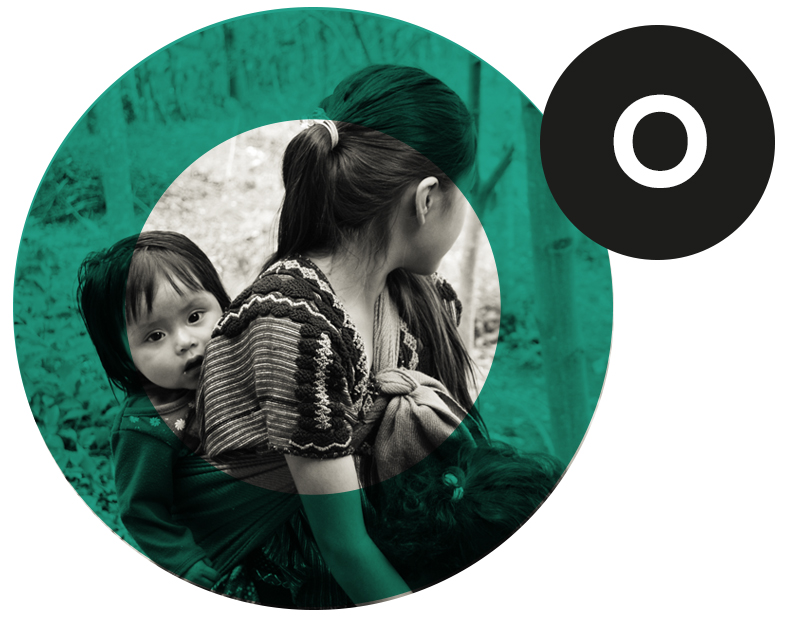
Obstetric violence.
Until now, GIRE has defended obstetric violence cases of women who had suffered inadequate medical care during a pregnancy or birth. In 2017, for the first time ever in Mexico, the courts ruled in favor of legal stays that GIRE presented on obstetric violence, recognizing women’s right to demand justice when their rights have been violated.
Maternal mortality.
Cecilia was 37 weeks pregnant when she arrived at the hospital in Durango, with contractions and bleeding. She was sent home, told it still “wasn’t time”. She went back twice more over the next few days and was finally admitted after fainting while waiting in line. By the time her mother and Sergio, her husband, arrived, Cecilia had died.
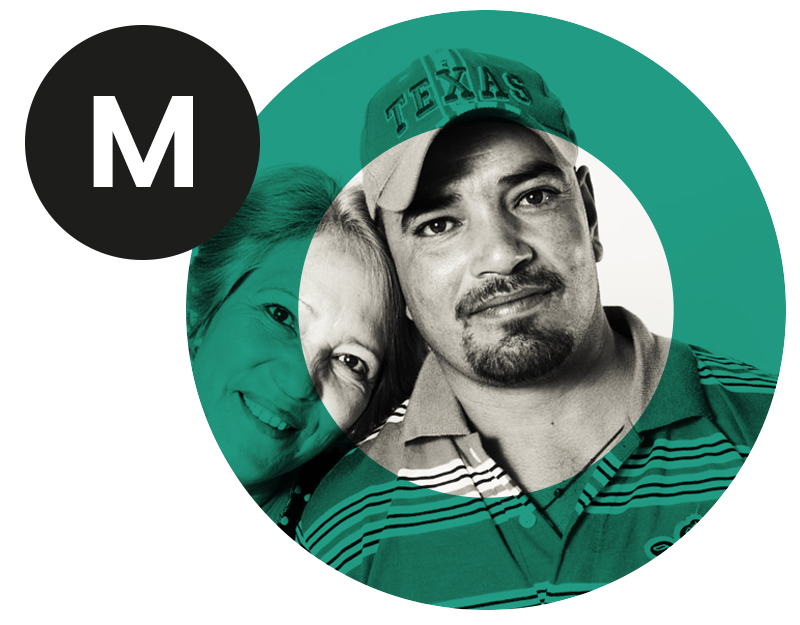
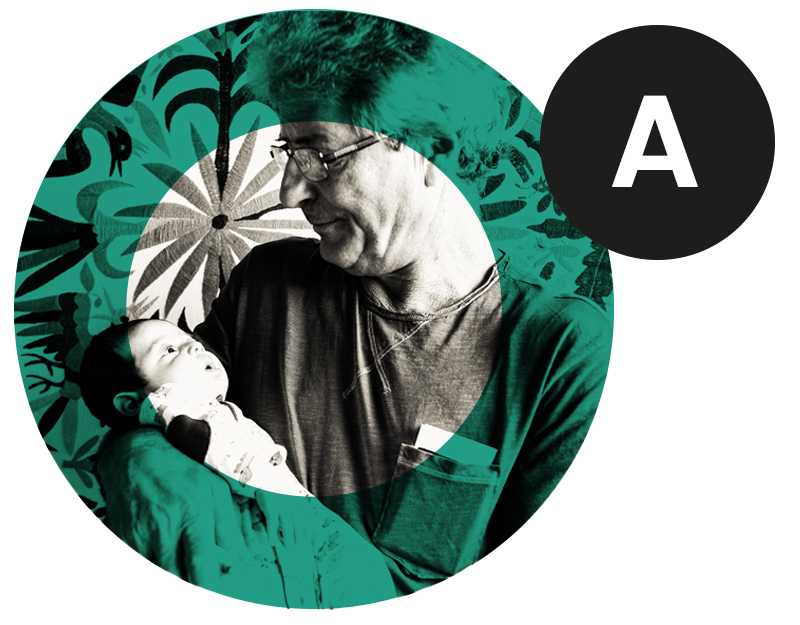
Michael and his son
Assisted reproduction.
On one end of the spectrum of this highly controversial issue is Michael Theologos, a New York City resident, who had dreamed of becoming a father for years and in 2017, thanks to a Mexican surrogate, his son Alexandros was born. Michael had signed and initiated the surrogacy process in Tabasco, Mexico before January 2016 when the law was changed to make the practice illegal for foreigners. He was holding his new baby in the hospital one day after birth when a child welfare official arrived and took Alexandros away.
Work/life balance.
In March, GIRE published the groundbreaking report Office Hours: Shared Responsibility for Work-Life Balance, the first diagnosis of its kind on the current situation of work-life balance in Mexico including recommendations for the government and others to better address this issue.

Finances.
GIRE carries out its activities with support from foundations, international cooperation agencies and a growing community of individual donors in Mexico and across the globe who have given generous gifts towards our goals. We are committed to transparency and accountability. Our annual budget is divided into the following categories:
19% direction + 33% research, litigation and political advocacy + 17% institutional development + 31% communications

Board:
Francisca Pou Gimenez • Marta Lamas Encabo • Karla Iberia Sánchez • Gerardo Barroso Villa • María Luisa Sánchez Fuentes • José Woldenberg • Luisa Cabal • Roberto Tapia Conyer • Rodolfo Vázquez Cardozo • Genaro Lozano • Roy Campos • Cecilia Suárez
Thanks.
We are incredibly grateful to the following foundations for their support:
Two Anonymous Donors
European Union, Mexico Delegation
Ford Foundation, Mexico and Central America Office
John D. and Catherine T. MacArthur Foundation
Stewart R. Mott Foundation
William and Flora Hewlett Foundation
W.K. Kellogg Foundation
Sigrid Rausing Trust
We are also grateful for the generous support of our individual donors, who are a key part of each victory and accomplishment:



